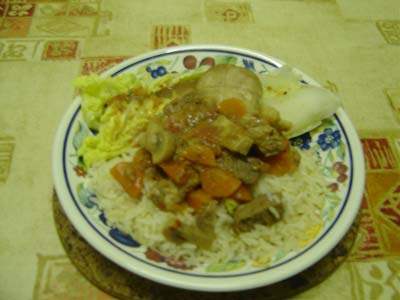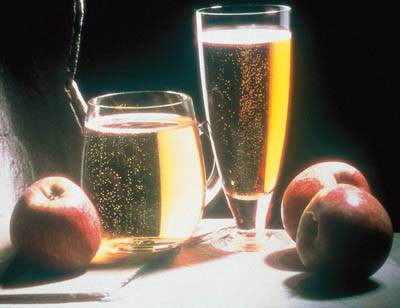
(Image from NACM)
Recently I found
cider quite a good substitute for beer if a short break from bitterness of hops is what you desire. By
cider, certainly I mean the alcoholic one.
If you consult a dictionary, you'll probably find that
cider refers to either an unfermented beverage or an alcoholic drink made by crushing fruit, typically apples. That's true, as in the States the alcoholic one is known as
hard cider while the fresh, minimally processed apple juice is called
cider or
apple cider. Nevertheless, people in Britain never get confused. Wherever you ask for cider, you never get apple juice.
Cider is definitely an alcoholic drink here.
Cider is very popular in Britain, particularly in South West England. Although, together with perry, a similar drink made from fermented pear juice, it accounts for only 6.4% of UK alcohol consumption, far behind beer (44.3%) and wine (27.1%), the UK has the highest per capita consumption and the largest cider producing companies in the world, according to
NACM (the National Association of Cider Makers).
Cider usually has a stronger alcoholic content than beer, most of the time over 5%, although its alcoholic strength does vary from 1.2% to just under 8.5%; however, because the British government tax cider at a lower rate, in the UK it's always cheaper than beer in terms of price per volume.
Cider is the oldest alcoholic drink produced in the Britain. People once believed that it was brought in after the
Norman Conquest of England in 1066, but it is now thought to have been introduced to the early Britons by some peoples who roamed over the areas in modern Spain and Northern France with their
shekar, a Hebrew-origined word for an intoxicating liquor distilled from corn, honey or dates.
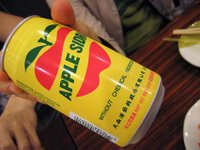
I have to admit that before I came to Britain, I had never tried the alcoholic cider. The only thing similar to it I knew was
apple sidra, which has nothing to do with
Gulf of Sidra, a broad inlet of the Mediterranean Sea on the coast of Libya, but is just a popular non-alcoholic fizzy beverage produced in Taiwan, probably something Westerners would call
apple soda. The manufacturer chose the word
sidra (indeed 'cider' in Spanish) for the product to suggest that although people would never get intoxicated when having apple sidra, they would still enjoy the sour-and-sweet tang of cider in it. (Image from
this blog)
Although sometimes I take cider as an substitute for beer for economic reason, it does remind me of my motherland Taiwan, where I used to drink apple sidra as I've never get along with coke.
 Thanks to
Thanks to 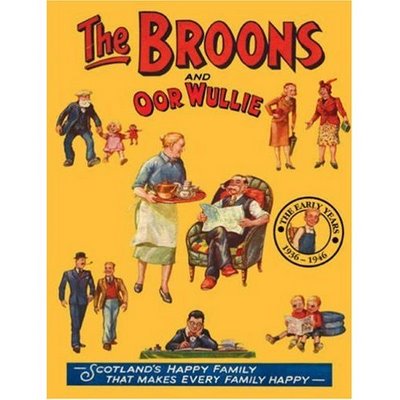

 I truly believe that I am a sufferer of the so-called obsessive-compulsive personality disorder (OCPD, or another jargon, anankastic personality disorder), which is a mental disorder characterised by a general psychological inflexibility, a chronic preoccupation with rules, procedures, perfectionism and excessive orderliness.
I truly believe that I am a sufferer of the so-called obsessive-compulsive personality disorder (OCPD, or another jargon, anankastic personality disorder), which is a mental disorder characterised by a general psychological inflexibility, a chronic preoccupation with rules, procedures, perfectionism and excessive orderliness.
 I have to admit that before I came to Britain, I had never tried the alcoholic cider. The only thing similar to it I knew was apple sidra, which has nothing to do with
I have to admit that before I came to Britain, I had never tried the alcoholic cider. The only thing similar to it I knew was apple sidra, which has nothing to do with 

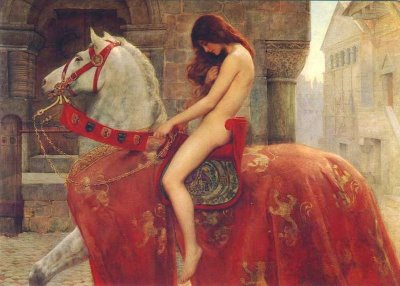
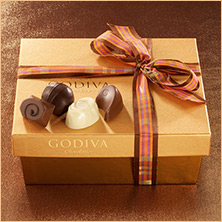
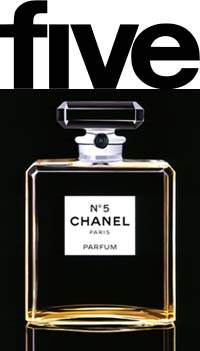 Last week when I was filing away some trade magazines into the shelves in the
Last week when I was filing away some trade magazines into the shelves in the 
